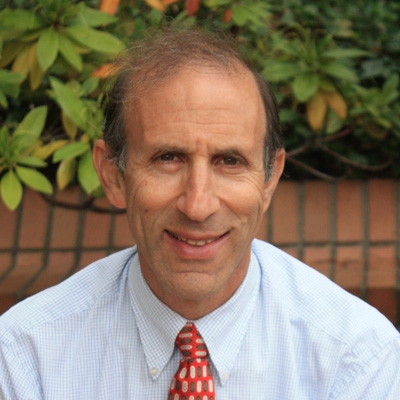
Andrew L. Dannenberg
Andrew L. Dannenberg, MD, MPH, is an affiliate professor in the Department of Environmental and Occupational Health Sciences and in the Department of Urban Design and Planning at the University of Washington in Seattle, where he teaches courses on healthy community design and on health impact assessment. For the past decade his research and teaching have focused on examining the health aspects of planning and designing our built environment including land use and transportation. He has a particular interest in the use of a health impact assessment as a tool to inform community planners about the health consequences of their decisions. He previously served as the team leader of the Healthy Community Design Initiative at the Centers for Disease Control and Prevention's (CDC) National Center for Environmental Health in Atlanta. In earlier work, Dr. Dannenberg served as director of the Division of Applied Public Health Training at CDC, as the preventive medicine residency director and as an injury prevention epidemiologist on the faculty at the Johns Hopkins University School of Public Health in Baltimore, and as a cardiovascular epidemiologist at the National Institutes of Health in Bethesda. He received an MD from Stanford University and an MPH from Johns Hopkins University, and completed a family medicine residency at the Medical University of South Carolina. He is co-editor of Making Healthy Places: Designing and Building for Health, Well-being, and Sustainability with Howard Frumkin and Richard J. Jackson.

